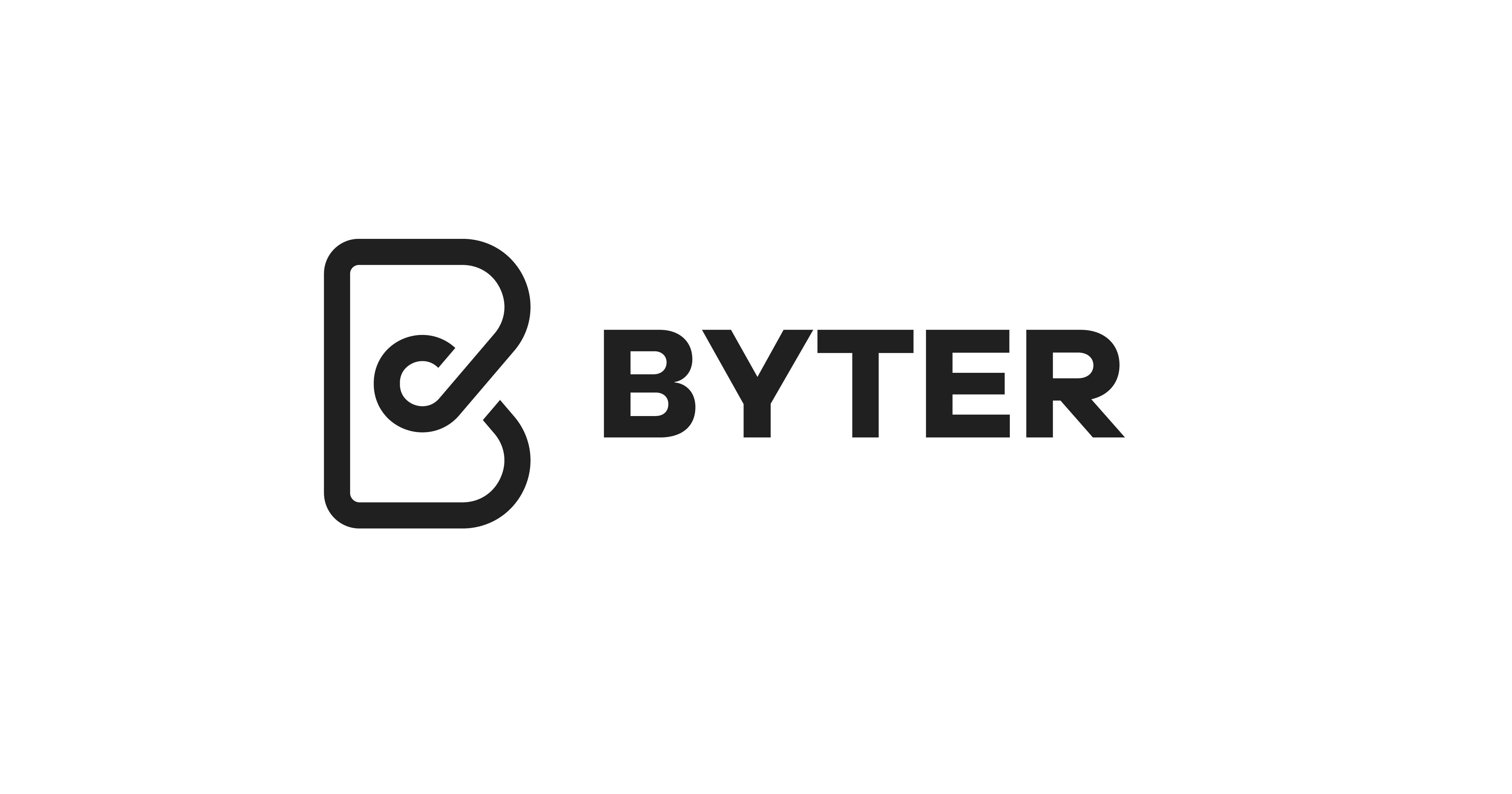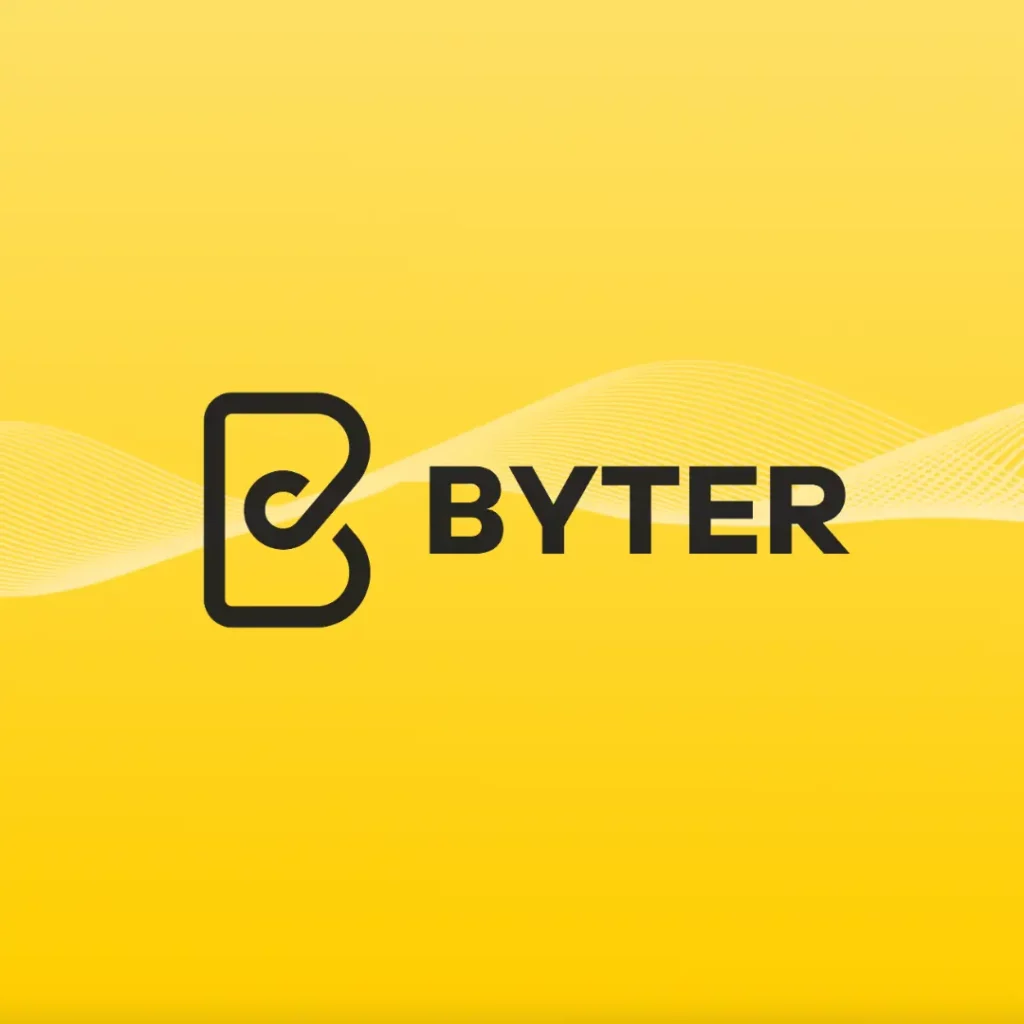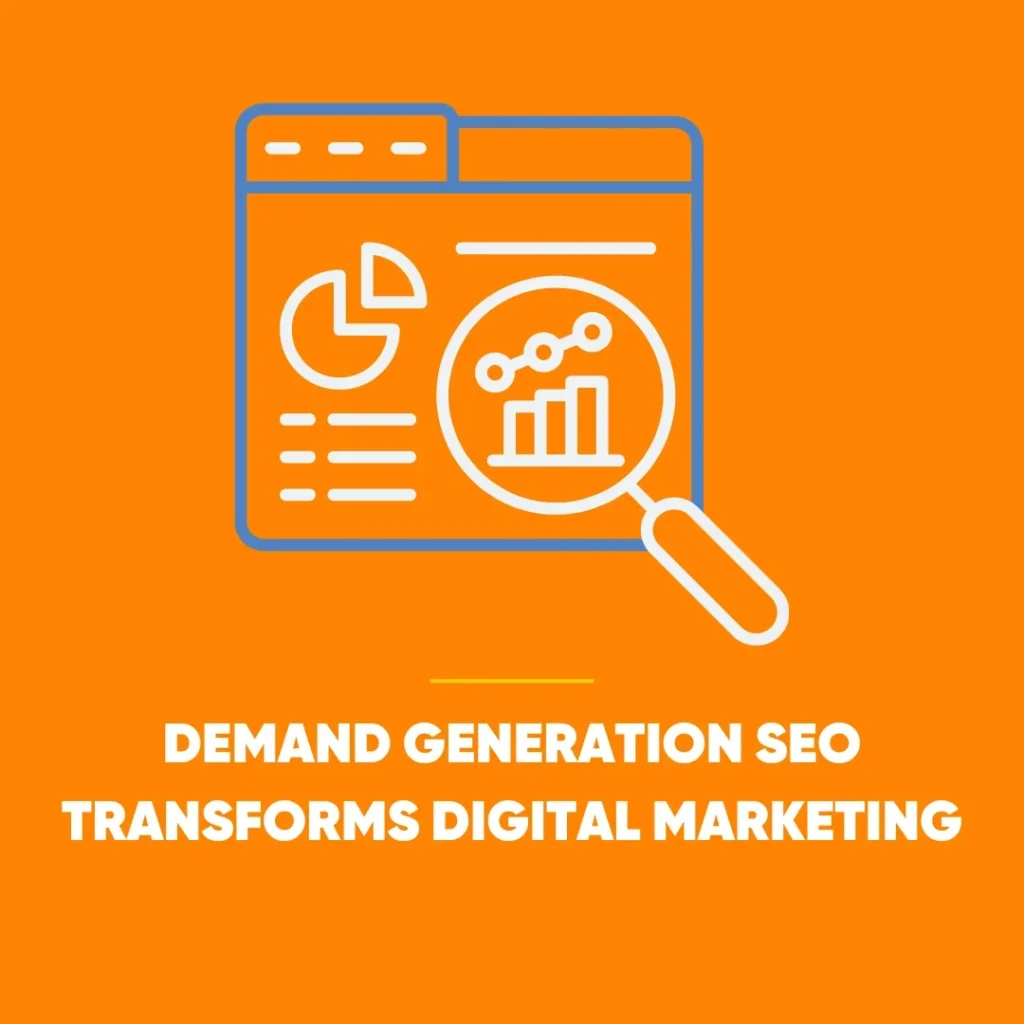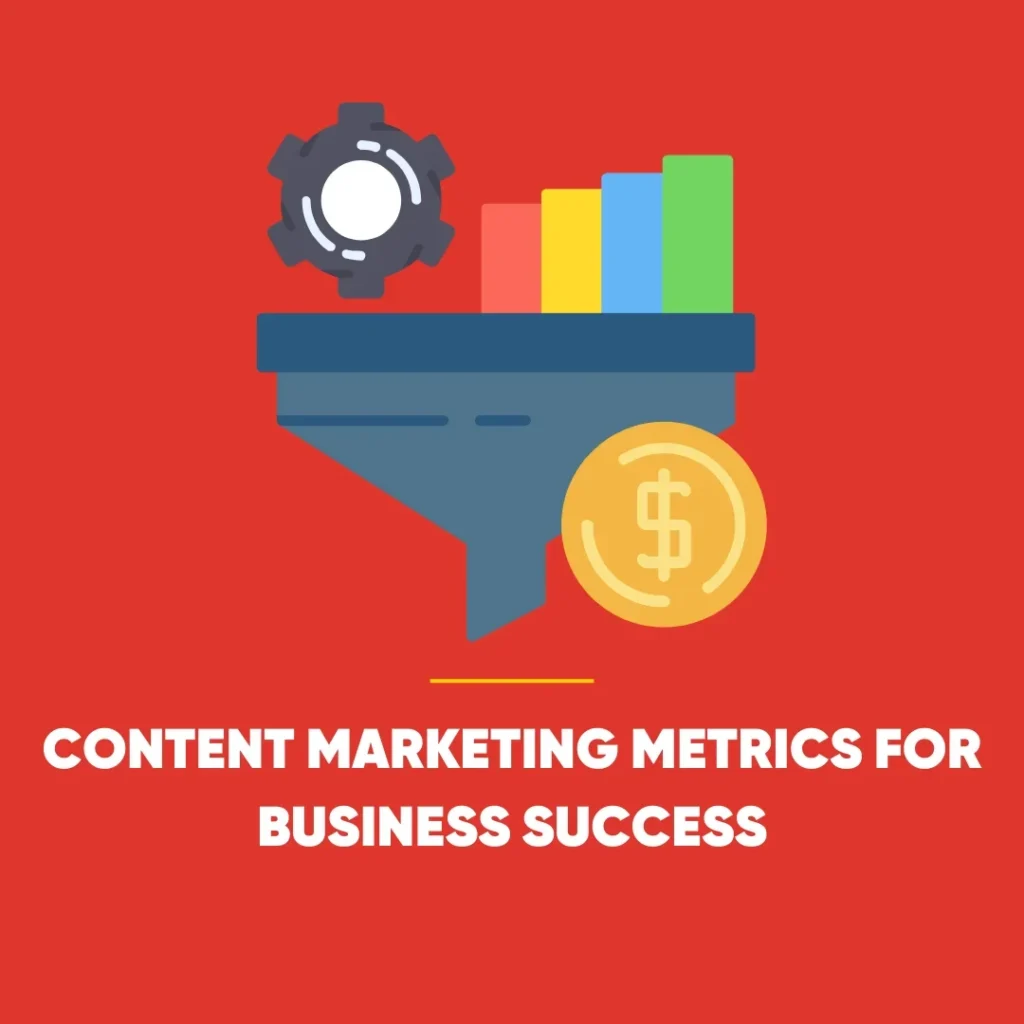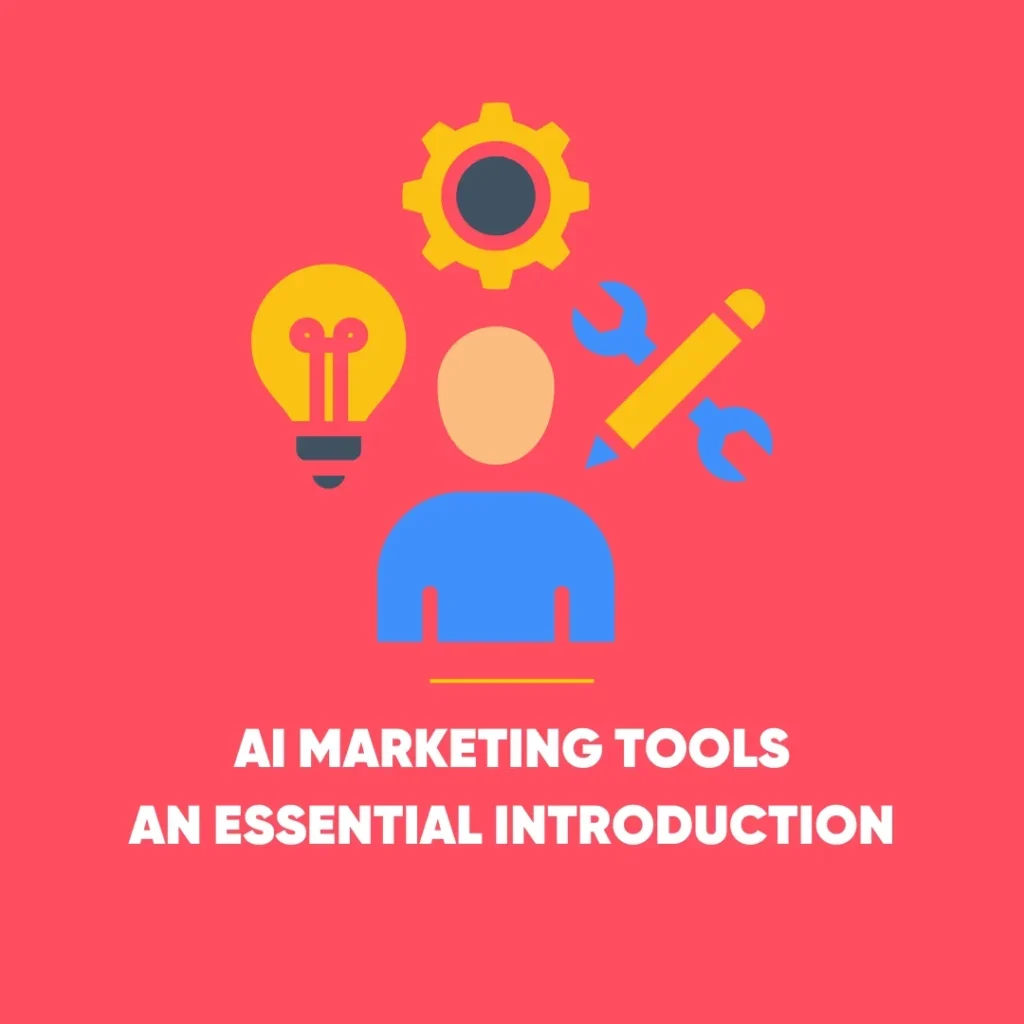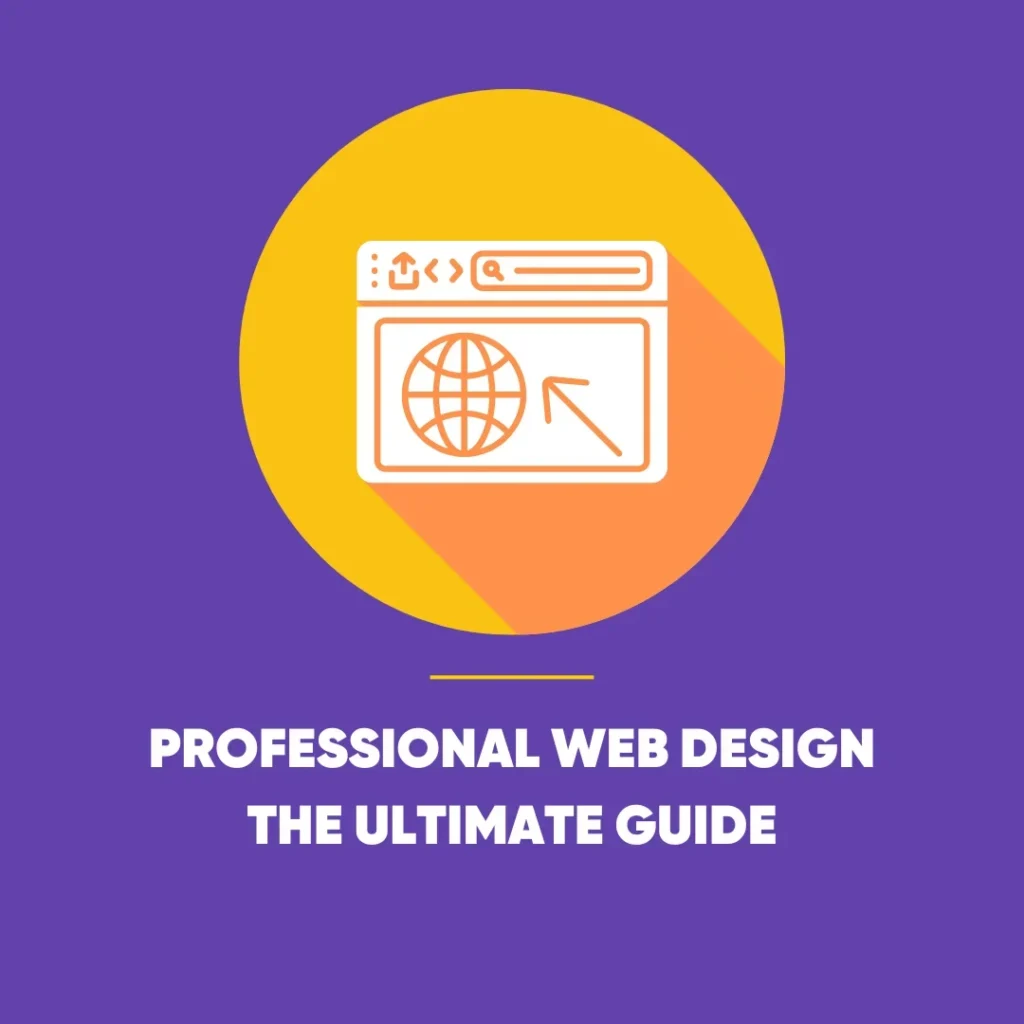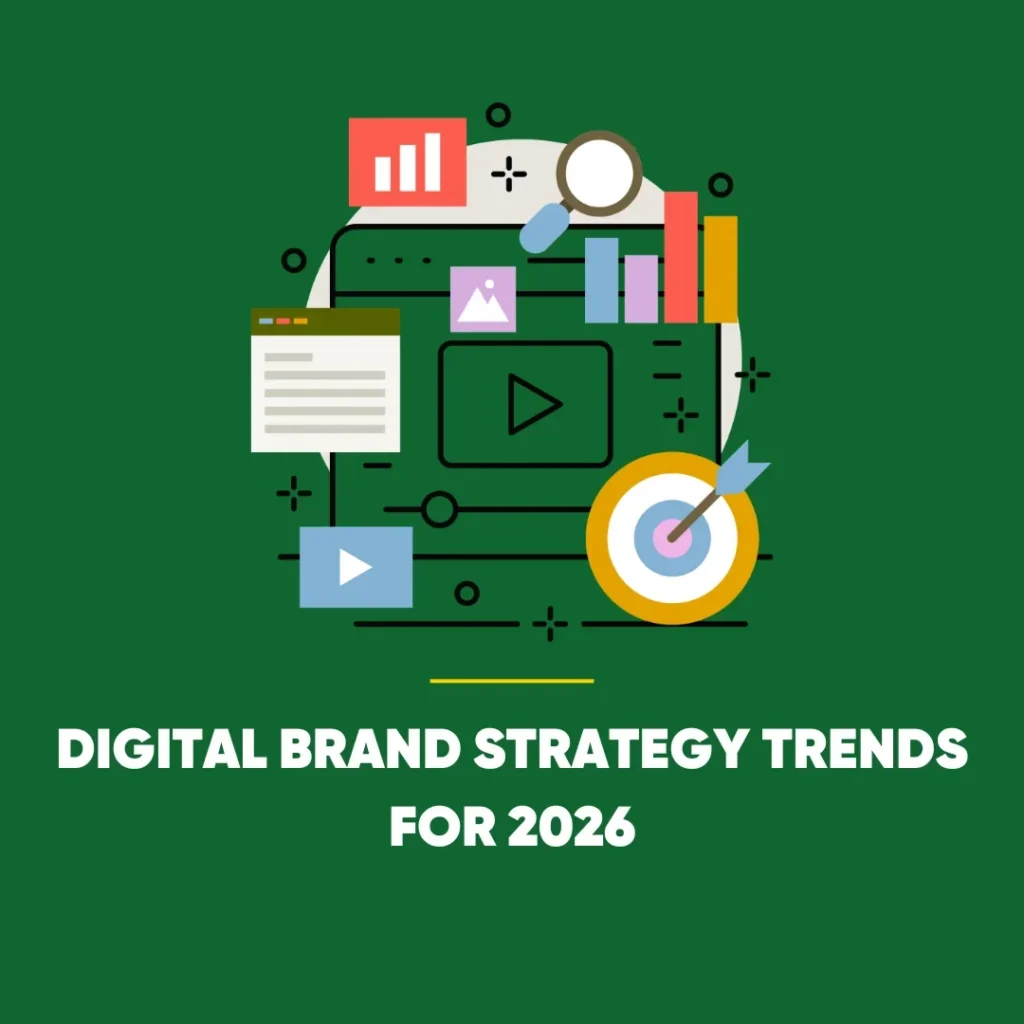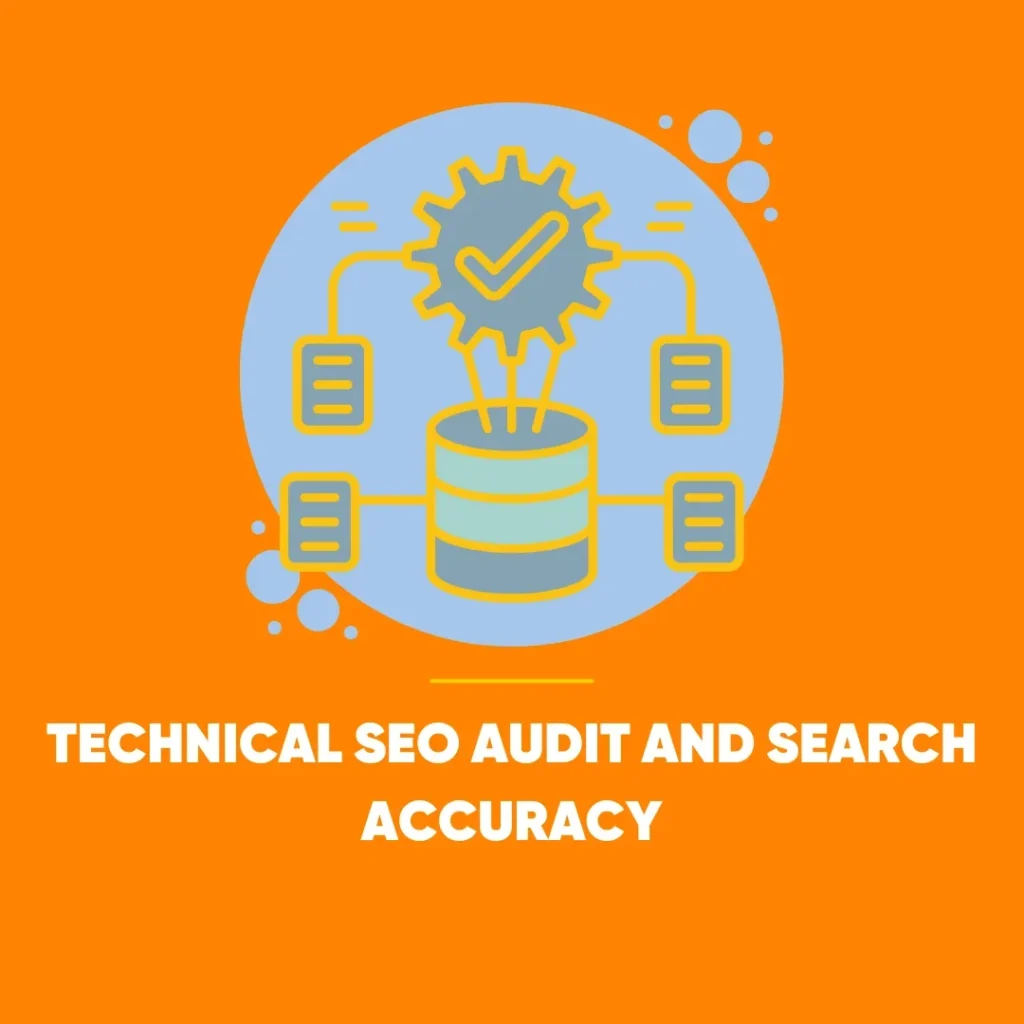AI Marketing Careers: What’s at Stake?
The rapid rise of AI marketing careers is transforming the modern workplace, reshaping roles and redefining how teams operate. While many roles remain secure from full automation, the influence of AI on marketing jobs is undeniable. Entry-level positions are being affected, mid-level professionals are adapting, and senior marketers are under pressure to deliver faster and smarter. The question remains: is AI a threat or a tool for career evolution?
Let’s explore how AI is transforming the digital marketing landscape – and what marketers can do to stay ahead.
How AI Is Shifting the Employment Landscape
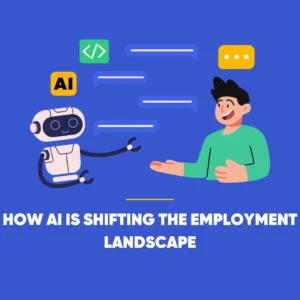 AI is already having a measurable impact on the job market. Although forecasts vary, a common thread is the displacement of routine tasks traditionally handled by humans. New graduates and junior employees have found it especially difficult to gain a foothold, particularly in sectors where automation is progressing at speed.
AI is already having a measurable impact on the job market. Although forecasts vary, a common thread is the displacement of routine tasks traditionally handled by humans. New graduates and junior employees have found it especially difficult to gain a foothold, particularly in sectors where automation is progressing at speed.
Fields such as finance, computing, and marketing are seeing entry-level roles shrink. Some companies, leveraging AI to enhance efficiency, are choosing not to replace departing staff – especially where algorithms can do the job in a fraction of the time.
A case in point: researchers at Stanford found that marketing tasks that once took 90 minutes could now be completed in just 30 with AI support. This kind of productivity boost may sound like good news, but it also poses the stark question – if AI can triple efficiency, do we still need as many people?
The Corporate AI Arms Race
Many businesses are embracing AI marketing careers as they adopt tools to automate repetitive tasks and boost efficiency. Senior leaders see AI as a lever to boost productivity and cut costs, while marketing teams must quickly learn how to integrate these technologies into their workflows.
But with so many tools on the market – from AI writing assistants to automated data analysis platforms – teams often face the dilemma of which platforms to adopt, and how to maintain ethical and transparent use of AI.
This accelerated shift is leaving many professionals scrambling to catch up, investing their energy into learning how to collaborate with machines as effectively as they do with people.
The AI-First Workplace: Bold Moves and Backlashes
Several high-profile companies have boldly embraced the ‘AI-first’ model. Klarna, the fintech giant, publicly committed to replacing large parts of its workforce with AI, freezing recruitment in the process. But customer dissatisfaction and declining service quality led to a significant backpedal. Human interaction, it turns out, still matters.
Duolingo, a popular language learning platform, made headlines when it reduced its contractor base in favour of AI. The backlash, especially among younger users, was swift and vocal. Disgruntled users took to social media, abandoning the app and disrupting their streaks in protest.
Other businesses – from Shopify and UPS to Mastercard and L’Oréal – have taken more measured approaches, incorporating generative AI into specific functions like customer support, data modelling, or marketing campaign optimisation.
Even the agricultural sector is exploring AI, with John Deere’s ‘See & Spray’ technology helping farmers conserve resources by precisely targeting herbicide use.
The takeaway? While AI has its place, businesses that over-rely on it risk damaging brand loyalty and customer trust.
What Marketers Are Doing with AI: AI Marketing Careers
AI is making its mark on marketing in several key ways:
- Assisting with content ideation and drafting
- Streamlining repetitive or admin-heavy tasks
- Enhancing data analysis and targeting
- Improving efficiency across content creation and campaign delivery
Most marketers are not resisting the change – they’re adapting. Polls suggest that nearly half are excited to build their AI skillset, with only a minority fearing job loss.
One major area of adoption is content. Tools like ChatGPT, Jasper, and Google’s NotebookLM are becoming go-to platforms for marketers seeking help with idea generation, outlining, and repurposing content across formats and channels.
Automation is also being used for media buying and A/B testing. Some organisations now deploy AI agents – autonomous systems that adjust campaigns in real-time, reallocating budgets when ad performance changes. These agents are no longer just tools – they act like colleagues, participating in strategic decisions and execution.
Emerging Roles in the Age of AI
AI isn’t just taking away jobs – it’s also creating new ones. According to global labour forecasts, millions of new roles could emerge by the end of the decade. Many of these don’t exist yet but are likely to include:
- AI ethics specialists
- Automation auditors
- Prompt engineers
- Escalation analysts
- Data quality managers
The shift also signals an entrepreneurial trend. Some younger professionals are taking matters into their own hands – launching businesses or freelance ventures that position them ahead of the automation curve.
How Marketers Can Stay Relevant: AI Marketing Careers
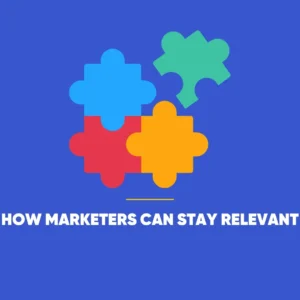 Rather than fear the rise of machines, marketers should focus on evolving alongside them. Here are five smart strategies to future-proof your career.
Rather than fear the rise of machines, marketers should focus on evolving alongside them. Here are five smart strategies to future-proof your career.
1. Play to Human Strengths
No matter how powerful AI becomes, human creativity, emotional intelligence, and strategic judgement are irreplaceable. While machines can mimic language or analyse trends, they lack the ability to understand nuance, brand identity, or consumer emotion with the same depth.
Creative roles – designers, brand strategists, campaign directors – remain secure, so long as they bring something to the table that AI cannot replicate.
2. Treat AI as a Team Player
The most effective professionals treat AI as a co-pilot, not a competitor. Think of it as a productivity partner – useful for brainstorming, automating mundane tasks, or speeding up content production.
But don’t blindly trust AI outputs. Everything still needs human oversight: editing, fact-checking, tone adjustments, and creative refinement are essential. AI is the vehicle – but marketers must stay in the driver’s seat.
3. Stay Customer-Focused
Marketers pursuing AI marketing careers who understand their audience deeply will continue to be highly valued in the industry. AI can provide data, but interpreting that data, understanding customer needs, and building authentic engagement still relies heavily on human skill.
Customer-centric strategy, empathy, and insight remain vital. Marketers should use AI to enhance personalisation and relevance – not replace real-world research and connection.
4. Keep Your Skills Sharp
With both AI and marketing evolving rapidly, continuous learning is non-negotiable. Courses, workshops, and micro-credentials can help marketers stay updated on tools, trends, and techniques.
Focus areas might include AI prompt writing, ethical AI use, data storytelling, or AI-based campaign testing. Upskilling doesn’t just future-proof your role – it also signals to employers that you’re proactive and adaptable.
5. Become an AI Advocate
Every team needs someone who champions innovation. Whether you’re a manager or junior exec, becoming the go-to person for AI in your team can boost your influence and visibility.
An internal AI advocate can help guide colleagues, troubleshoot issues, and demonstrate how AI tools can enhance – not replace – their work. This not only benefits the business but positions you as a forward-thinking leader.
Final Thoughts: AI as a Marketing Ally – AI Marketing Careers
AI is already transforming the digital marketing profession, but it needn’t be seen as a threat. Instead, it should be welcomed as a powerful tool that helps marketers work smarter, not harder.
Those who embrace AI with curiosity and creativity will not only remain employable – they’ll become the leaders shaping the future of marketing.
AI Marketing Careers: How Jobs Are ChangingAI Marketing Careers: How Jobs Are ChangingRather than asking whether AI will take your job, ask yourself how you can use AI to do your job better. The answer could unlock a new era of opportunity.
